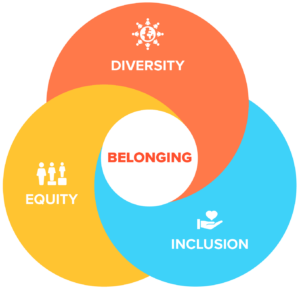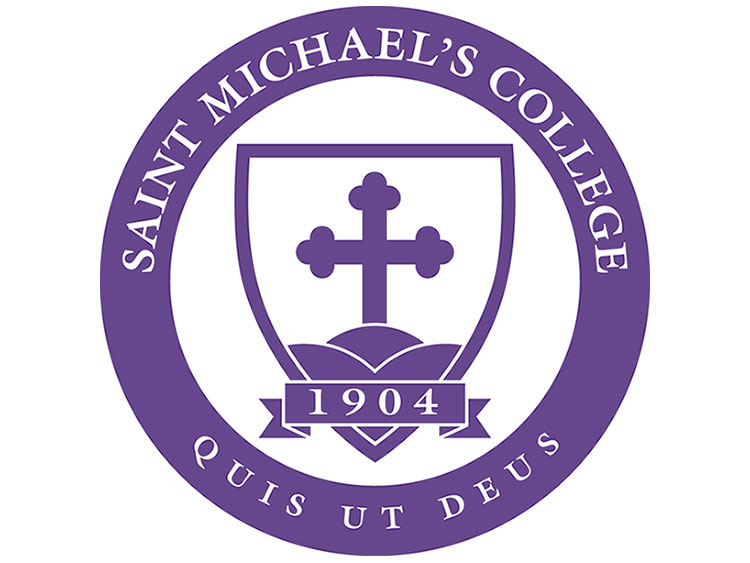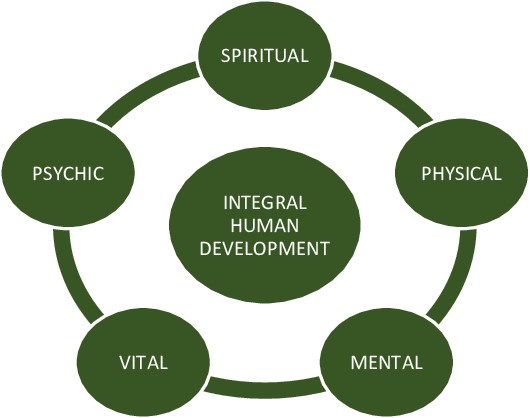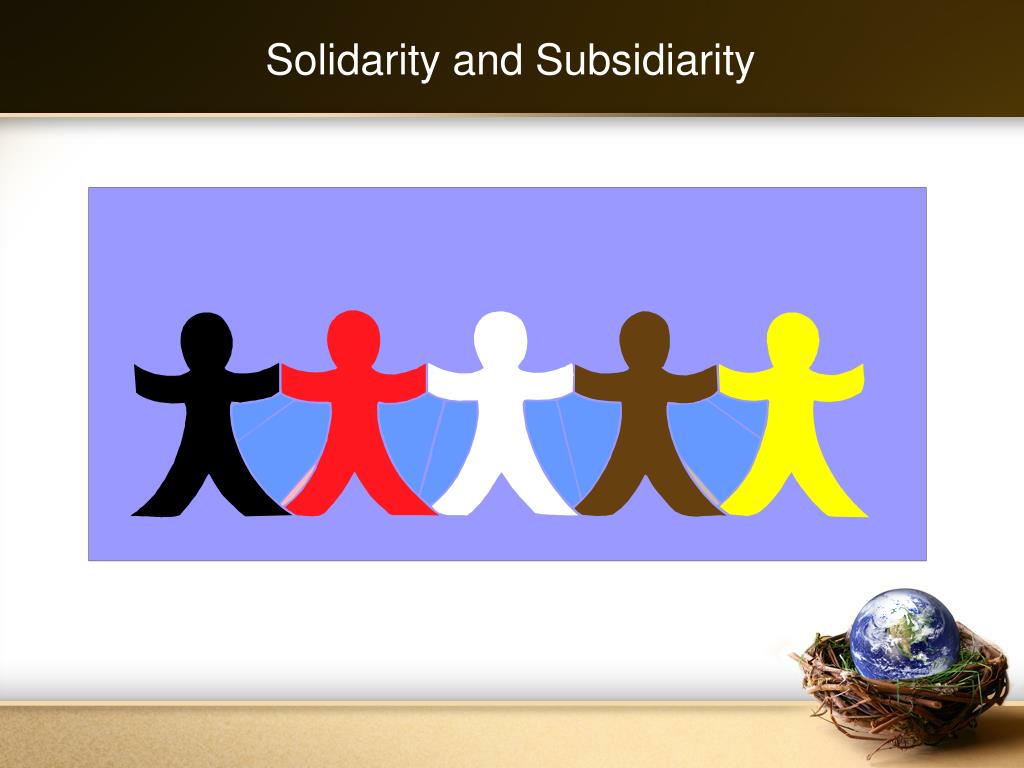The Common Good and the Care for Each: A Catholic Approach to Diversity and Inclusion
At Saint Michael’s College, the pursuit of the common good is not merely a theological concept. It is a daily task and a communal responsibility. Catholic Social Teaching defines the common good as the social conditions that allow all people to reach their fulfillment more fully and more easily. In our contemporary context, marked by religious, sexual, and physical diversity, this principle takes on both urgency and depth. It invites the question: Does striving for the good of all mean neglecting those with particular needs or circumstances?
In the Catholic tradition, the answer is clear. If the most vulnerable or marginalized are not thriving, then the common good has not yet been realized. Pope Francis noted in Fratelli Tutti, “Each of us is fully a person when we are part of a people; at the same time, there are no peoples without respect for the individuality of each person” (182).
“Each of us is fully a person when we are part of a people; at the same time, there are no peoples without respect for the individuality of each person” (182).
At a Catholic institution shaped by the mission of the Society of Saint Edmund, this understanding gains even more clarity. The Edmundites, who founded our college, state in their Constitutions and Directory that their mission is to be where the Church might not otherwise be. That commitment calls us to attend to those whose voices may go unheard and whose lives may fall outside conventional categories of visibility and power. For Edmundites, this commitment led its members to respond to the needs of Black Catholics and the marginalization of African Americans in the South. Likewise, this commitment moved the Society of Saint Edmund to work with the poor of Caracas in Venezuela. In a diverse academic community, this means being intentionally present to those whose religious practices are in the minority, whose gender or sexual identity may not fit established norms, or whose physical or mental health challenges require careful and sustained support.
 Diversity is not an obstacle to the common good. It is the very context in which the common good must be built. This insight is consistent with both Catholic Social Teaching and the goals of diversity, equity, and inclusion (DEI). DEI work is often misunderstood as peripheral or even contrary to Catholic identity. In reality, it is an expression of core Catholic commitments. The preferential option for the poor and vulnerable compels us to structure our institutions in ways that remove barriers to participation and affirm the dignity of each person.
Diversity is not an obstacle to the common good. It is the very context in which the common good must be built. This insight is consistent with both Catholic Social Teaching and the goals of diversity, equity, and inclusion (DEI). DEI work is often misunderstood as peripheral or even contrary to Catholic identity. In reality, it is an expression of core Catholic commitments. The preferential option for the poor and vulnerable compels us to structure our institutions in ways that remove barriers to participation and affirm the dignity of each person.
In a Catholic college setting such as ours at Saint Michael’s, this means more than simply providing access. It means cultivating a culture of belonging. Accessibility services, inclusive pedagogy, interfaith dialogue, LGBTQ+ support, and first-generation mentoring programs all bear witness to our mission. They are not add-ons or exceptions. They are essential signs that we take seriously our call to accompany the “one” even as we serve the “ninety-nine.”
 The parable of the lost sheep (Matthew 18:12-14), in which the shepherd leaves the flock to find the one that is missing, captures the heart of this vision. The common good is not achieved through sameness. It is realized through solidarity and attentiveness to those whose flourishing requires our collective investment.
The parable of the lost sheep (Matthew 18:12-14), in which the shepherd leaves the flock to find the one that is missing, captures the heart of this vision. The common good is not achieved through sameness. It is realized through solidarity and attentiveness to those whose flourishing requires our collective investment.
Pope Francis reminds us in Fratelli Tutti that the common good calls for more than individual virtue. It requires building structures of peace, justice, and inclusion. In our Edmundite context, this means going to the margins within our own community by creating spaces of hospitality, dialogue, and transformation.
Caring for those with special needs or distinct identities is not a departure from the common good. It is how the common good is established. It is how we remain faithful to both our Catholic tradition and our founding mission to educate students “in the light of the Catholic faith.”
If you would like to make a comment or ask a question, I can be contacted at dtheroux@smcvt.edu. Let’s talk!

For all press inquiries contact Elizabeth Murray, Associate Director of Communications at Saint Michael's College.





